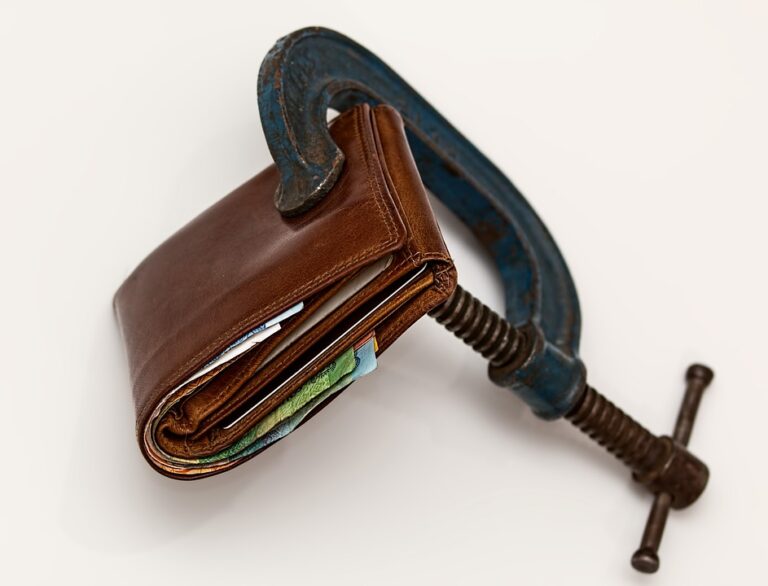Last updated Aug. 8, 2024 by Charles Zemub
In the digital age, where online banking options and sophisticated financial instruments abound, Certificate of Deposits (CDs) might seem like an outdated relic from the past. Nonetheless, they remain a popular choice for many investors, especially those looking for a low-risk and stable return on their savings. This article dives deep into the worthiness of CDs, exploring their pros, cons, and answering frequented questions to help you make an informed decision.
What are CDs?
A Certificate of Deposit (CD) is a type of savings account offered by banks and credit unions that promises a fixed interest rate over a specific period. Unlike regular savings accounts, CDs typically require the account holder to leave the funds untouched for a set term, which might range from a few months to several years. In return, the financial institution offers a higher interest rate than standard savings accounts.
Pros of CDs
Safety and Low Risk
CDs are one of the safest investment options available. They are insured by the Federal Deposit Insurance Corporation (FDIC) for banks, and the National Credit Union Administration (NCUA) for credit unions, up to $250,000 per depositor. Thus, the risk of losing your principal investment is minimal.
Fixed Returns
One of the biggest advantages of investing in CDs is the certainty of returns. Once you lock in the interest rate, it does not change regardless of market conditions. This can be particularly appealing during times of economic volatility.
Predictable Investment
CDs are a predictable investment. Knowing how much you will earn at the end of the term allows for better financial planning. This stability can be beneficial for retirees or those looking to preserve their capital.
Low Maintenance
After the initial setup, CDs require very little maintenance. There’s no need to monitor the market or constantly adjust your investment strategy. It’s a set-it-and-forget-it type of investment.
Cons of CDs
Lower Returns Compared to Other Investments
While CDs offer safety, they usually provide lower returns than riskier investments like stocks or bonds. Over long periods, the relatively low return might not keep pace with inflation, potentially eroding your purchasing power.
Lack of Liquidity
One significant drawback of CDs is the lack of liquidity. Most CDs impose penalties for early withdrawal, which can negate the interest earned and even reduce your principal. Therefore, they are not a good option for emergency funds or other short-term needs.
Fixed Rates
While a fixed return can be a pro, it can also be a con. If interest rates rise significantly during the term of your CD, you could miss out on higher returns available through other savings avenues.
Minimum Deposit Requirements
Many financial institutions require a minimum deposit to open a CD, which can be restrictive for those with limited funds.
Types of CDs
Traditional CDs
These are the most common types, featuring a fixed interest rate for a fixed term.
Jumbo CDs
These certificates require a larger minimum deposit, often $100,000 or more, but they offer higher interest rates.
Bump-Up CDs
These allow you to "bump up" to a higher interest rate if rates rise during your CD term, providing some flexibility.
Liquid CDs
They offer the ability to withdraw funds without penalty, although they usually have lower interest rates.
IRA CDs
These CDs are held within an Individual Retirement Account (IRA) and offer the tax advantages of an IRA.
How to Choose a CD
Evaluate Interest Rates
Interest rates can vary significantly between banks and credit unions. Shop around to find the best rates.
Understand the Terms
Look for details like penalties for early withdrawal, minimum deposit requirements, and any other restrictions.
FDIC/NCUA Insurance
Ensure the institution offering the CD is insured.
Laddering Strategy
Consider using a laddering strategy, where you invest in multiple CDs with staggered maturity dates. This can provide a balance between higher returns and some level of liquidity.
✓ Short Answer
Certificates of Deposits (CDs) offer a safe haven for your money with a predictable fixed return. They are insured by the FDIC up to $250,000, ensuring minimal risk. While they yield lower returns compared to stocks or bonds, they are ideal for conservative investors seeking stability.
FAQs
What is the minimum amount needed to open a CD?
Most banks and credit unions have a minimum deposit requirement to open a CD, which can range from $500 to $2,500. Jumbo CDs typically have higher minimum deposit requirements, often $100,000 or more.
How are CD interest rates determined?
CD interest rates are influenced by various factors, including the economy, the financial institution’s policies, and the term length. Typically, longer-term CDs offer higher rates.
Can I withdraw funds before the CD term ends?
Yes, but early withdrawal usually incurs a penalty, which can significantly reduce your earnings and even cut into your principal. Always read the terms and conditions before committing your money.
Are CDs safe?
Yes, CDs are generally considered very safe investments. They are insured by the FDIC or NCUA up to $250,000 per depositor, per institution.
What happens when a CD matures?
When a CD matures, you have several options: withdraw the funds, roll the CD into a new one, or transfer the funds to a different account. Many institutions will automatically roll over the CD into a new term unless you specify otherwise.
Are there any tax implications with CDs?
The interest earned on CDs is subject to federal and state income taxes. However, if the CD is within a tax-advantaged account like an IRA, the tax treatment will differ.
Final Thoughts
CDs offer a safe and reliable way to grow your savings, providing predictable returns that can help you achieve your financial goals. While they may not offer the highest returns compared to other investment vehicles, their low risk and fixed interest rates make them a go-to option for conservative investors. Weigh the pros and cons, consider your financial needs and goals, and consult with a financial advisor to determine if CDs are the right investment for you.






